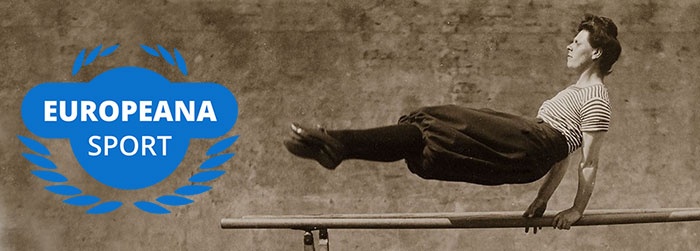When Scotland's footballers were the Wembley Wizards
England v Scotland is the oldest international football fixture in the world.
The first official match between the two teams took place on the 30 November 1872 at the West of Scotland Cricket Club in Glasgow. The match ended in a 0-0 draw. Just over a decade later, in 1883, the first international tournament was established, the British Home Championship. This was an annual competition between the United Kingdom’s four national teams at the time: England, Scotland, Ireland and Wales.
The tournament was generally dominated by Scotland and England but, in the 1927-1928 Championship, both sides had underperformed. Scotland had lost to Ireland and drawn with Wales and England had lost to both Ireland and Wales. The England v Scotland match at Wembley on 31 March 1928 was therefore of little consequence, effectively a play-off for third and fourth place.
The team selected for the match by the Scottish Football Association was controversial.
Many popular regulars were dropped, and the forward line of Alex Jackson, Hughie Gallagher, James Dunn, Alex James and Alan Morton was thought to lack both flair and physical presence. At 5 foot 7 inches, Jackson was the tallest. Hughie Gallacher’s selection at the expense of the popular Celtic player Jimmy McGrory was especially controversial, as Gallacher was returning from a two-month suspension for pushing a referee into a bath. In Scotland, it was widely thought that an England side which included centre forward Dixie Dean, then at the peak of his career, would win the match.
Hopes might not have been high, but this did not prevent an exodus from Scotland to England to see the match. Eleven trains left for Wembley from Glasgow alone. The streets of London were full of fans in tartan bonnets when Scotland’s captain Jimmy McMullan addressed his players in the Regent Palace Hotel on the night before the match. McMullan told the players to '…go to your bed, put you head on your pillow and pray for rain', as a heavy pitch would favour the Scottish team. They awoke the next morning to the sound of heavy rain - their prayers had been answered.
The Scotland team began to think this might be their day after all.
In the first piece of action in the game England’s Billy Smith hit Scotland’s post. Scotland immediately struck back, with Alex Jackson scoring a goal just three minutes into the game. The rest of the first half was goalless until the last minute when, with his left foot, Alex James of Scotland struck the ball past England’s goalkeeper Ted Hufton.
The second half is one of the most celebrated 45 minutes in Scottish football history. Scotland scored another three goals, making a final total of five goals for Scotland, three scored by Alex Jackson and two by Alex James. In the last-minute Bob Kelly put England on the scoreboard making the final score England 1 Scotland 5. The song Singin' in the Rain was written in either 1928 or 1929 and would have been a suitable soundtrack for the matches aftermath, as thousands of Scotsmen sang and danced in the Wembley rain.
The Scotland team became known as the Wembley Wizards, and it would be the only time that line up took to the field. Scotland would win the subsequent Home Championship 1928-1929, beating Wales 4-2 with Hughie Gallagher scoring a hat-trick and beating Ireland 7-3 with Gallagher finding the net four times. England would get their revenge just over two years later when they beat Scotland 5-2 on 5 April 1930 at Wembley.
It is unlikely that anyone alive today attended the match but what happened on that rainy spring day in 1928 is still discussed on Scotland’s football message boards.
The names of Hughie Gallacher, Alex Jackson and Alex James are still familiar to many Scottish football fans. Little footage of the match survives, only a few minutes from contemporary newsreels. You can though get a feel for the importance of this match and the significance of the occasion by looking at the programme. I imagine many a soaked Scotland supporter made their way home with a copy of the programme in 1928, and that a few copies are still treasured family heirlooms.
Share your sport story
Can you help us to tell the story of sport in Europe in the past and the present?
We invite you to tell us about your sport experiences through objects like photographs, memorabilia, equipment or prizes.
Share your story →
This blog is part of the Europeana Sport project which showcases cultural treasures relating to sporting heritage in Europe.

